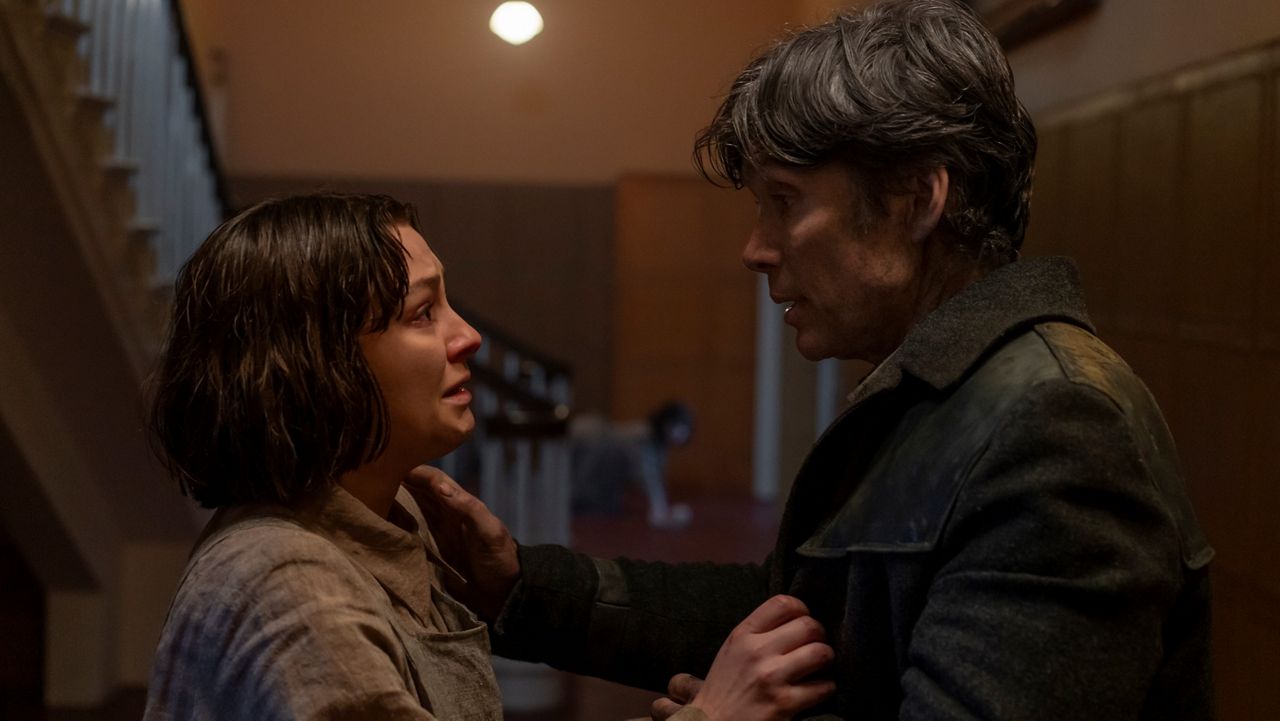Entertainment
Silence is complicity in ‘Small Things Like These’

LOS ANGELES — In director Tim Mielants’ new film “Small Things Like These,” silence is complicity.
The film, now playing in theaters, is based on the best-selling novel of the same name by Claire Keegan. It stars Academy Award-winner Cillian Murphy as Bill Furlong, who works as a coal merchant to support his family and discovers disturbing secrets kept by a local convent.
As Furlong discovers not only his own truths, but those happening within the convent, he is forced to confront his past and the complicit silence of a small Irish town controlled by the Catholic Church.
For Mielants, “Small Things Like These” is a small and minimalistic movie that leaves room for much interpretation that allows viewers to see their own story. What is important for Mielants is the film’s overall message, “if you are silent, you are complicit.”
Mielants told Spectrum News that what’s important, in adapting the book into a movie, is that audiences are connected to the material.
“As long as you do that, I don’t think there is much that can go wrong,” he said. “What can go wrong is if you try to do everything at the same time, and you try to copy the book and do it in the movie.”
Cillian Murphy as Bill Furlong and Zara Devlin as Sarah Redmond in “Small Things Like These.” (Lionsgate/Enda Bowe)
In playing Furlong, Murphy delivers another masterclass performance. It is the third time Murphy and Mielants team up (they worked on “Peaky Blinders” and are working on a new project).
“I consider him one of the best actors on the planet,” Mielants told Spectrum News. “He is brilliant. I shared everything with him, the storyboards, the ideas, I shared everything with him. Before the movie started [filming], we were on the same page. It was brilliant.”
Mielants said Murphy also helped scout filming locations. “Small Things Like These” is set in the Irish town of New Ross, and for Mielants it was pure luck being able to shoot in the same town the novel is based in.
“I think there was a huge unemployment after the 80s, so the streets were empty, all the houses were available. It felt right, and it was visual at the same time,” he said.
Known as Magdalene Laundries, the institutions were run by the Catholic Church and supported by the government. “Fallen women” were taken there because they had violated moral codes.
The film, “Small Things Like These” is dedicated to them.
“What makes the film so universal is not only the Roman Catholic Church, but I think that if you have an institution with absolute power and you are not able to question anything, eventually, abuse will happen in different ways. I think that is something the film communicates,” said Mielants.
Click the link above to watch the full interview with film director Tim Mielants.




:max_bytes(150000):strip_icc()/70-year-old-aunt-solo-travel-devices-tout-110183be0ec9417d8cfc243204980446.jpg)





